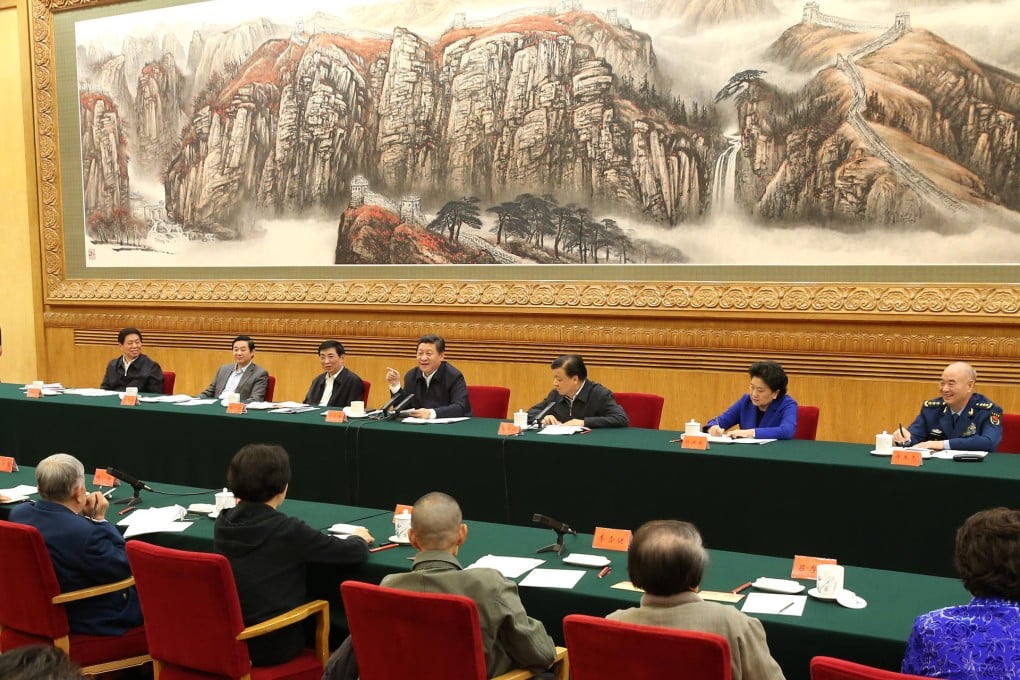Xi, Mao and the dark art of ideology
President Xi Jinping's landmark speech on arts and culture last week signalled his intention to revive Maoist ideology over the sector and to tighten censorship of art and literature, analysts said.

President Xi Jinping's landmark speech on arts and culture last week signalled his intention to revive Maoist ideology over the sector and to tighten censorship of art and literature, analysts said.
Xi, who is also Communist Party general secretary, told a forum of writers, artists and actors that their works should present socialist values and not be polluted by the "stench of money".
Echoing many of Mao's teachings, Xi said art should serve socialism and the people, and be consistent with Marxist-Leninist thinking.
Xigen Li, associate professor with City University's department of media and communication, said the remarks signalled the president's aim to exercise greater ideological control.
"It is a sign that Xi wants to have more control over the arts, and through that, more control over ideology," Li said.
Steve Tsang, head of the School of Contemporary Chinese Studies at the University of Nottingham, said the speech pointed to the tightening of ideological control over the arts and culture, with Xi trying to ensure that the arts promoted the party's brand of nationalism.
"The signal [for censorship] has been hoisted. Those who do not fall in line should know that the days when they can still not do so are numbered," Tsang said.